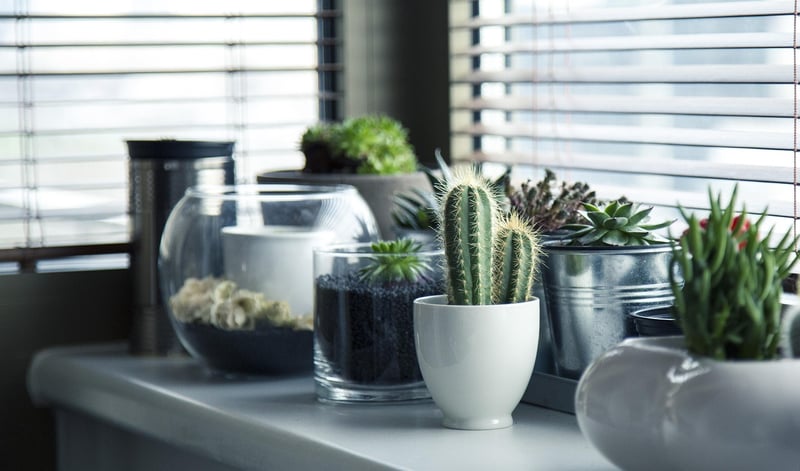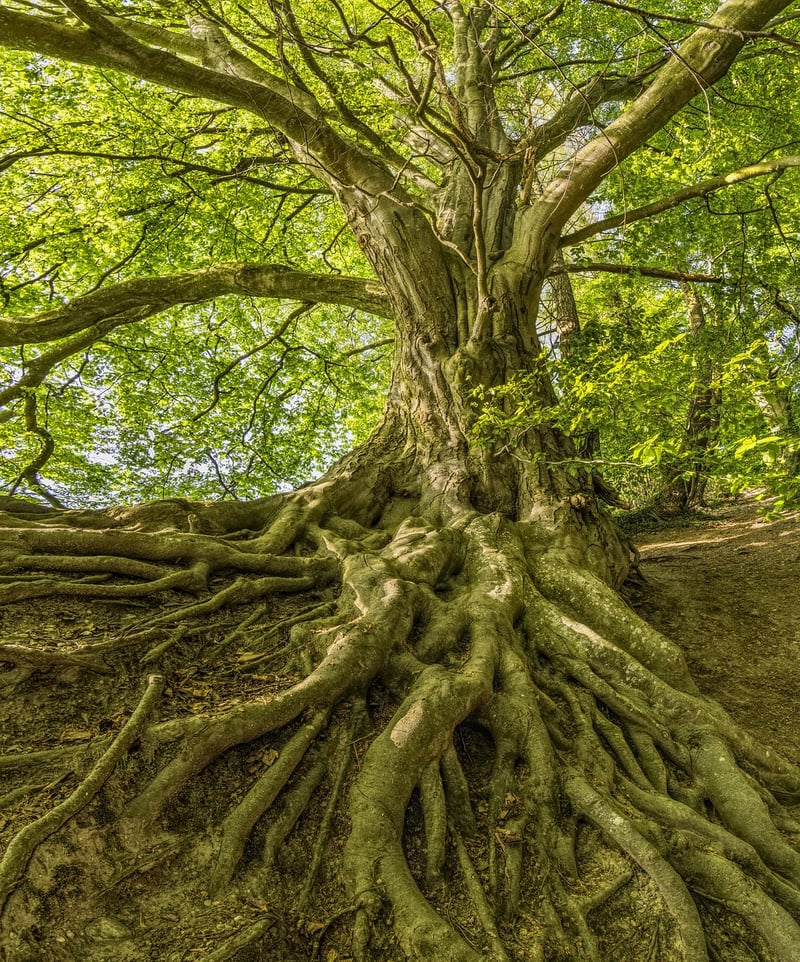Root Management
Gardening in Small Spaces: Tips for Root Management
Many people dream of having a lush garden but are limited by space constraints. However, with the right techniques and a bit of creativity, you can successfully grow a variety of plants even in small areas. One key aspect to consider when gardening in limited spaces is root management. Proper root management not only ensures healthy plant growth but also maximizes the use of available space. Here are some tips to help you make the most of your small garden:
Choose the Right Plants
Opt for plants that have compact root systems or can thrive in containers. Herbs, salad greens, cherry tomatoes, and peppers are excellent choices for small gardens. Consider dwarf or bush varieties of your favorite vegetables to minimize root spread.
Use Raised Beds or Containers
Raised beds and containers provide better control over soil quality and drainage. They also help contain the roots of plants, preventing them from spreading uncontrollably. Additionally, raised beds elevate plants, making them more accessible for maintenance.
Utilize Vertical Gardening
Vertical gardening is a space-saving technique that allows you to grow plants upward instead of outward. Install trellises, hanging baskets, or wall-mounted planters to maximize vertical space. Vining plants like cucumbers, beans, and peas are ideal for vertical gardening.
Regular Pruning and Root Trimming
Pruning not only controls the size and shape of plants above the ground but also helps manage root growth. Regularly trim the roots of container plants to prevent them from becoming root-bound. Use sharp, clean tools to avoid damaging the roots.
Implement Root Barriers
For plants with aggressive root systems, consider using root barriers to contain their growth. These barriers can be made of plastic, metal, or fabric and should be installed underground to prevent roots from spreading beyond a designated area.
Choose the Right Soil Mix
Use a well-draining soil mix that provides adequate nutrients for plant growth. Avoid compacted soils that restrict root development. Consider adding organic matter like compost to improve soil structure and fertility.
Monitor Watering Practices
Overwatering can lead to root rot, especially in confined spaces where excess water has no room to drain. Water plants only when needed and ensure proper drainage in containers and raised beds. Mulching can help retain moisture and regulate soil temperature.
Conclusion
With these tips for root management and gardening in small spaces, you can create a thriving garden even with limited room. By choosing the right plants, containers, and techniques, you can make the most of your space and enjoy the beauty of nature right at your doorstep.

Image Source: Pixabay
